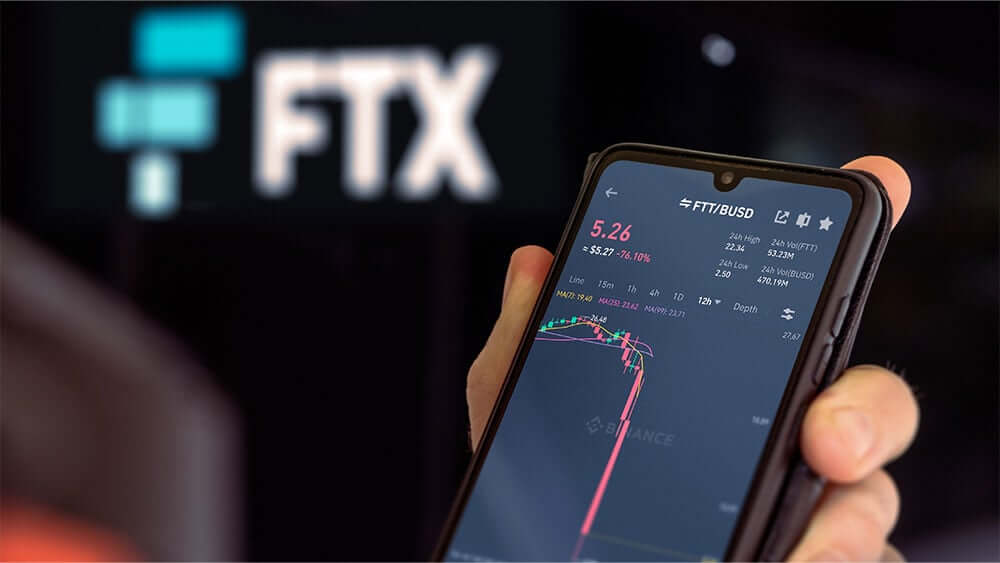
FTX Collapse: What We Most Need to Learn from it
The major problems with the well-known exchange, FTX, have had various negative effects over the past few days in the Crypto-Space. The abrupt collapse of FTX, which was just a few days ago the second-largest cryptocurrency exchange, has single-handedly set the whole cryptocurrency space back in terms of development and trust. This is a development that has stunned and shook the entire Blockchain industry throughout the current Crypto-Winter.
Our sincere condolences go out to everyone who has been impacted by this catastrophe before anything else. When incidents like this occur, the Web3 Space as a whole suffers greatly, but those who are caught in the storm’s eye suffer especially. There are significant lessons that we need to remember even though we are still learning the specifics of what occurred. What is known so far is that FTX appears to have been using consumer monies to support their affiliated company, Alameda.
And that directly relates to Centralization vs. Decentralization, one of the key challenges in cryptocurrency. We are used to centralized entities controlling how we hold and use our financial assets in our contemporary, financially integrated world. This fosters a state of complacency and a belief in specific safety nets. It causes people to question the need to adopt security measures to safeguard their credit card information. The cobsumer is not liable for unauthorized purchases. This activity is risky. But if they are scammed, They can immediately dispute it and get my money back.
More about FTX
In a decentralized system, ownership of the funds retains responsibility for safety and security. And then by definition, cryptocurrency is a decentralized system. But, because crypto exchanges exist to hold customer funds and serve as middlemen, centralization has been introduced into the system.
In the world of cryptocurrency, there is a saying that says, “Not your keys, not your crypto.” And in the case of a cryptocurrency exchange, the exchange controls and keeps the ownership keys to the underlying cryptocurrency. Furthermore the consumer who owns the funds is supposedly protected by this. They don’t have to manage or store their keys or worry about safety and security.
But returning to the proverb, since the exchange possesses the keys, it may be said that it is the legal owner of the bitcoin on the Blockchain. It is not your crypto, and you do not possess the keys. Come back to FTX now. They were supporting Alameda with money from the customers. The money is gone. Bitcoin has been used up. Finally, they were able to utilize the Crypto. This is because they possessed the keys. lastly, keys on the Blockchain serve as ownership proof that the money was theirs.
Even Coinbase has disclosed in its financial reports that any cryptocurrency owned on the exchange may be forfeited in the case of bankruptcy.Never forget: not your crypto, not your keys. Anything can and will be possible. It makes no difference who is exchanging. Of course, you should never, ever give someone your keys. They demonstrate ownership, and you should continue to hold onto that ownership of your possessions.




